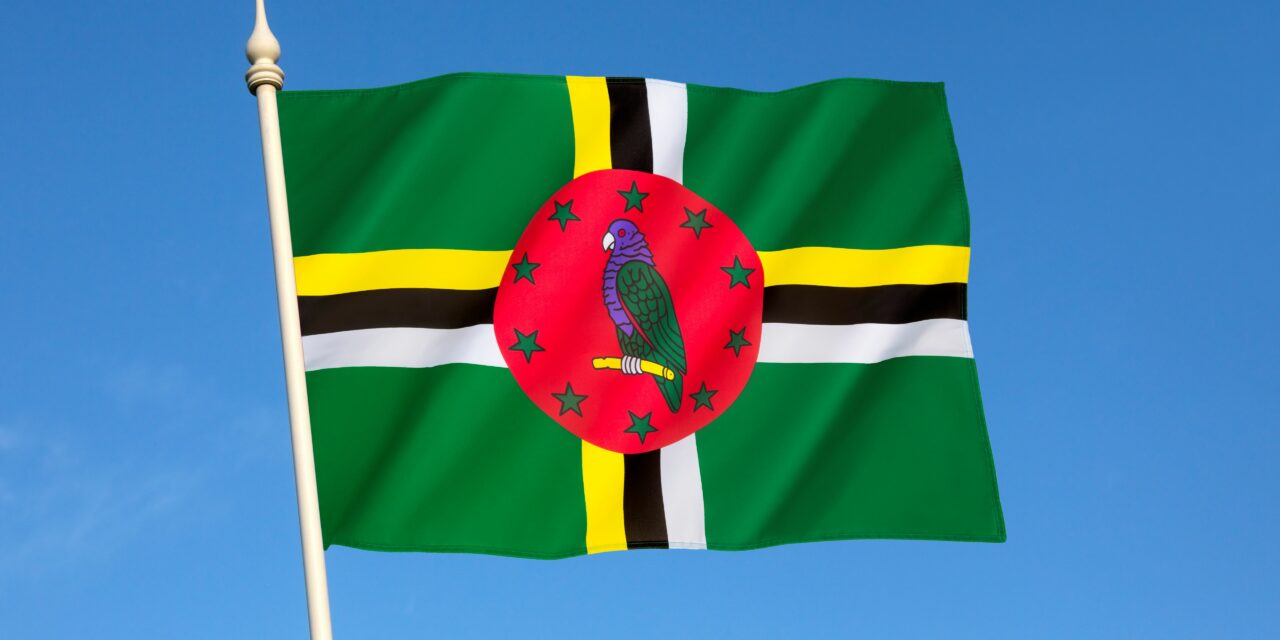Introduction
We have often written about CBI Programs and our view that they’ll ultimately be canceled. We’re seeing this play out in real time.
In an unprecedented move, the UK Home Office has withdrawn visa-free access for passport holders from Dominica and Vanuatu. This decision, a significant blow to Citizenship by Investment (CBI) programs of these countries, echoes similar actions taken by the European Union last year.
CBI programs, an economic lifeline for many smaller nations, offer citizenship or residency rights in return for significant financial contributions. However, the recent decision by the UK threatens the viability and appeal of such programs. The EU, in 2022, eliminated visa-free access for Vanuatu highlighting security concerns and irregularities. Now, with the UK following suit, serious questions arise about the future integrity and credibility of these CBI initiatives.
The impact of these decisions on Dominica and Vanuatu, as well as their implications for other nations offering CBI programs, are profound and wide-reaching. The unfolding scenario presents a complex picture of international relations tangled with economic dependencies and security considerations.
The UK’s Decision to Withdraw Visa-Free Access
Last night, the UK’s Home Office made an unexpected move. They chose to cancel visa-free travel for Dominica and Vanuatu, effectively closing the doors of convenient travel for these nations’ citizens. This decision came as a response to an escalating wave of travelers from these countries landing on UK shores, raising serious questions about migration and border security.
The Home Office found it increasingly difficult to turn a blind eye to what they referred to as “clear and evident abuse” of the visa-free privilege. The influx of travelers hinted at a potential misuse of the Citizenship by Investment (CBI) Programs, which offer citizenship or residency rights in exchange for significant financial contributions or real estate investments.
Impact on Citizenship by Investment Programs
The ramifications of this decision stretch far beyond the borders of Dominica and Vanuatu. The UK also canceled visa free access for citizens of Honduras, Namibia, and Timor-Leste.
A key selling point for CBIs has been the ease of global mobility they provide. However, with the UK’s recent decision, this selling point appears significantly less attractive. The withdrawal of visa-free access will deter investors from these programs, as their global mobility is directly impacted.
EU’s Previous Cancellation of Visa-Free Access
Less than a year ago, the European Union (EU) took similar action against Vanuatu, canceling its visa-free access due to concerns over inadequate checks and balances in place within its CBI program.
The impact of this decision was immediate and severe on Vanuatu’s CBI program. It led to a drop in investment and raised doubts about the validity and attractiveness of such programs worldwide.
Drawing parallels between the EU’s and UK’s decisions reveals a common thread – concerns over unchecked immigration and potential security threats. This doesn’t only affect CBI passports; it affects all citizens of Dominica and Vanuatu.
As nations around the world grapple with balancing economic growth with security considerations, it is clear that more stringent measures are being put in place. The hope is that these measures will discourage misuse while ensuring that genuine investors are not disadvantaged. With global eyes now firmly fixed on CBI programs, it remains to be seen how effectively these changes will restore faith in these systems.
Security Concerns and Visa Loopholes with CBI Programs
UK Security has been at the heart of the decision to withdraw visa-free access for Dominica and Vanuatu. A discernible rise in the number of travelers from these countries, some with questionable intent, triggered alarm bells within the UK’s Home Office.
Certain visa loopholes were allegedly exploited by individuals from these nations, leading to this stringent action. In particular, there were concerns about the misuse of the Citizenship by Investment programs offered by both Dominica and Vanuatu. These programs allowed individuals to acquire citizenship, and hence visa-free access, without any substantial checks on their background or intentions. For example, a Chinese citizen could obtain a passport from Dominica and travel visa-free to the UK.
This decision is seen as a bolster to migration and border security, allowing the UK authorities better control over who enters their territory. It enables closer scrutiny of those attempting to gain entry into the country, thereby reducing the risk of illicit activities.
The incident underscores the importance of thorough due diligence in granting visa-free access, highlighting the need for robust systems to deter any potential abuse. After all, maintaining security in an increasingly interconnected world remains a top priority for nations across the globe.
Implications for Dominica and Vanuatu
The withdrawal of visa-free access by the UK has dealt a significant blow to both Dominica and Vanuatu, particularly impacting their Citizenship by Investment programs. These CBI programs, traditionally attractive due to their offer of visa-free travel to numerous countries, are now significantly less appealing.
Dominica and Vanuatu, like other small nations, heavily rely on these CBI programs as a source of revenue. With the new restrictions in place, they face a steep decline in applicants – a situation that may lead to substantial economic consequences.
Take Dominica, for example. A considerable portion of its national revenue is generated from its Citizenship by Investment program. The funds raised have notably contributed to the country’s post-hurricane reconstruction efforts and development projects. Without this income stream, the nation faces potential financial instability.
Similarly, Vanuatu also stands to lose out significantly. Its Citizenship by Investment program is a major contributor to its GDP. In fact, in 2020 alone, it accounted for nearly 40% of the government’s annual revenue.
“With such high stakes involved, any disruption to these programmes could pose serious risks to the stability of these tiny island nations.”
This recent move by the UK only adds to the growing pressures on these islands’ economies – raising questions about how they will adapt their Citizenship by Investment programs amidst changing international travel regulations.
Security Measures and Due Diligence Screening
Security and due diligence screening remain a crucial factor in the ongoing debate over visa-free access. Ensuring the integrity of travel documents is paramount to maintaining national security, and countries like the UK place high importance on robust scrutiny measures.
Typically, these include thorough background checks, financial audits, and verification of personal information. Such measures serve to weed out potential security threats and ensure that only legitimate travelers gain entry.
An essential tool in international security is the Interpol databases. They provide invaluable data about potential threats, aiding countries in their decision-making processes regarding visa allocations. The UK’s withdrawal of visa-free access for Dominica and Vanuatu may indicate concerns about data integrity or insufficient utilization of Interpol resources by these countries.
The visa waiver agreement plays a pivotal role in global travel. It allows for smoother cross-border movement while maintaining high-security standards. The UK’s recent decision underscores the significance of this agreement, emphasizing its crucial role in balancing open borders with national security needs.
While the decision’s implications are still unfolding, it is clear that the matter of security measures and due diligence screening can make or break an agreement around visa-free access.
Conclusion
These changes hit the Citizenship by Investment (CBI) programs of these islands hard. The benefit of easy travel to big countries like the UK, which used to be a strong selling point, is now gone. This casts a dark cloud over these CBI schemes.
For both Dominica and Vanuatu, this decision causes problems. It affects their economies and their standing on the global stage. Both countries now have the difficult task of rebuilding trust in their CBIs. Vanuatu’s CBI program, in particular, has been significantly undermined. The Vanuatu passport no longer offers visa-free access to the UK or the EU. The EU is likely to cancel visa-free access for more countries with CBI programs in the future.
Those interested in CBI programs should look to other second passport opportunities that are less expensive and more secure, as highlighted in Second Passport Blueprint.










